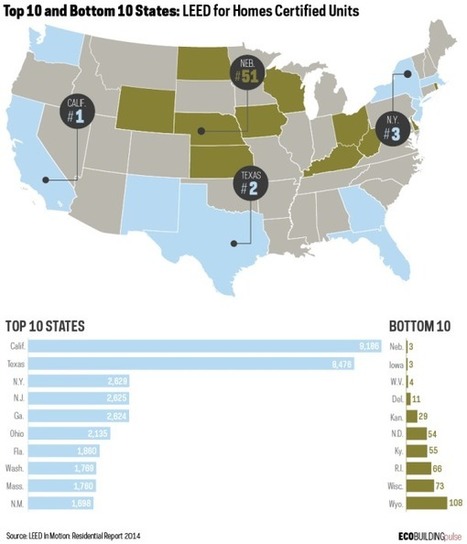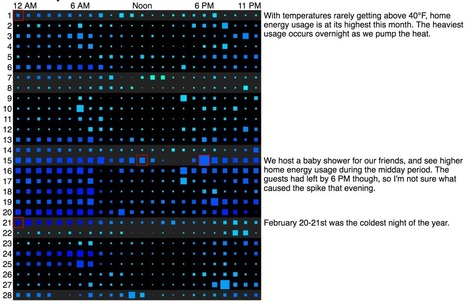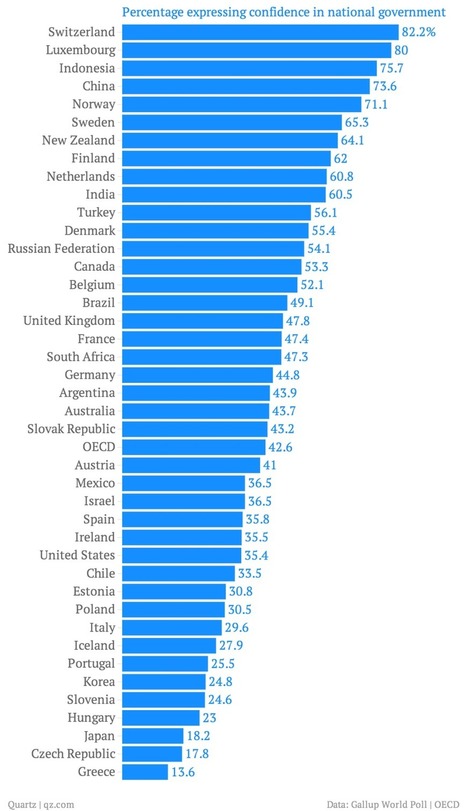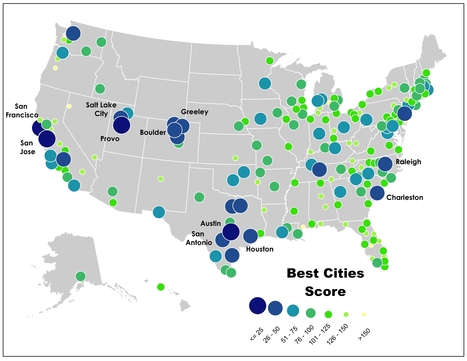Rent, transport, and phone are too expensive for 43% of Americans.
Research and publish the best content.
Get Started for FREE
Sign up with Facebook Sign up with X
I don't have a Facebook or a X account
Already have an account: Login
How might we keep the lights on, water flowing, and natural world vaguely intact? It starts with grabbing innovative ideas/examples to help kick down our limits and inspire a more sustainable world. We implement with rigorous science backed by hard data.
Curated by
PIRatE Lab
 Your new post is loading... Your new post is loading...
 Your new post is loading... Your new post is loading...
|

malek's comment,
February 17, 2017 3:17 PM
I wish I knew "anonymous browsing 10 yrs ago, for now, I'm using Duckduckgo

malek's comment,
February 17, 2017 3:22 PM
Hobbes and modern political philosophy should be a part of modern education, I'm not sure about Trump

malek's comment,
February 19, 2017 4:28 PM
Speaking of the devil "We Used Terrible Science to Justify Smoking Bans" http://www.slate.com/articles/health_and_science/medical_examiner/2017/02/secondhand_smoke_isn_t_as_bad_as_we_thought.html
|


















